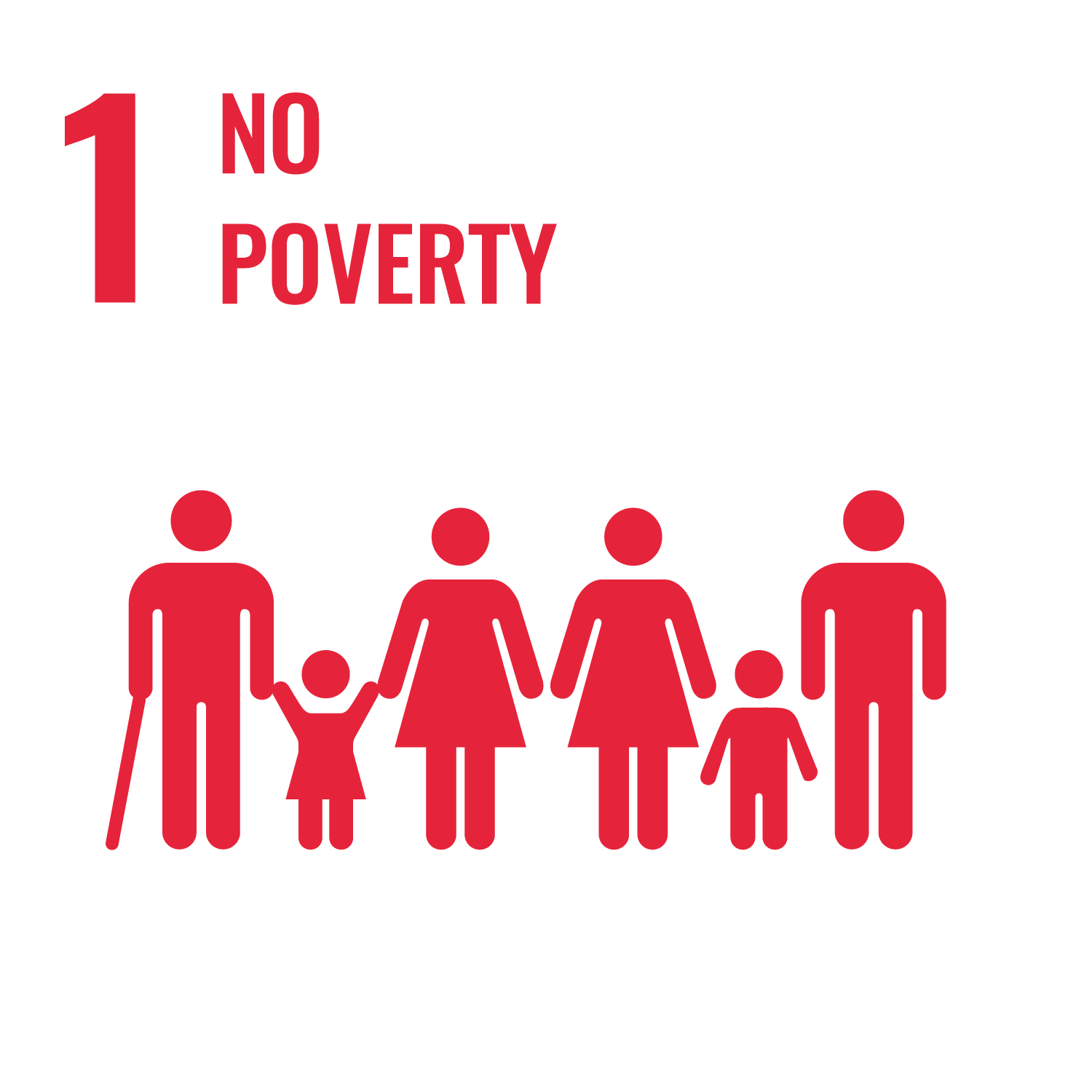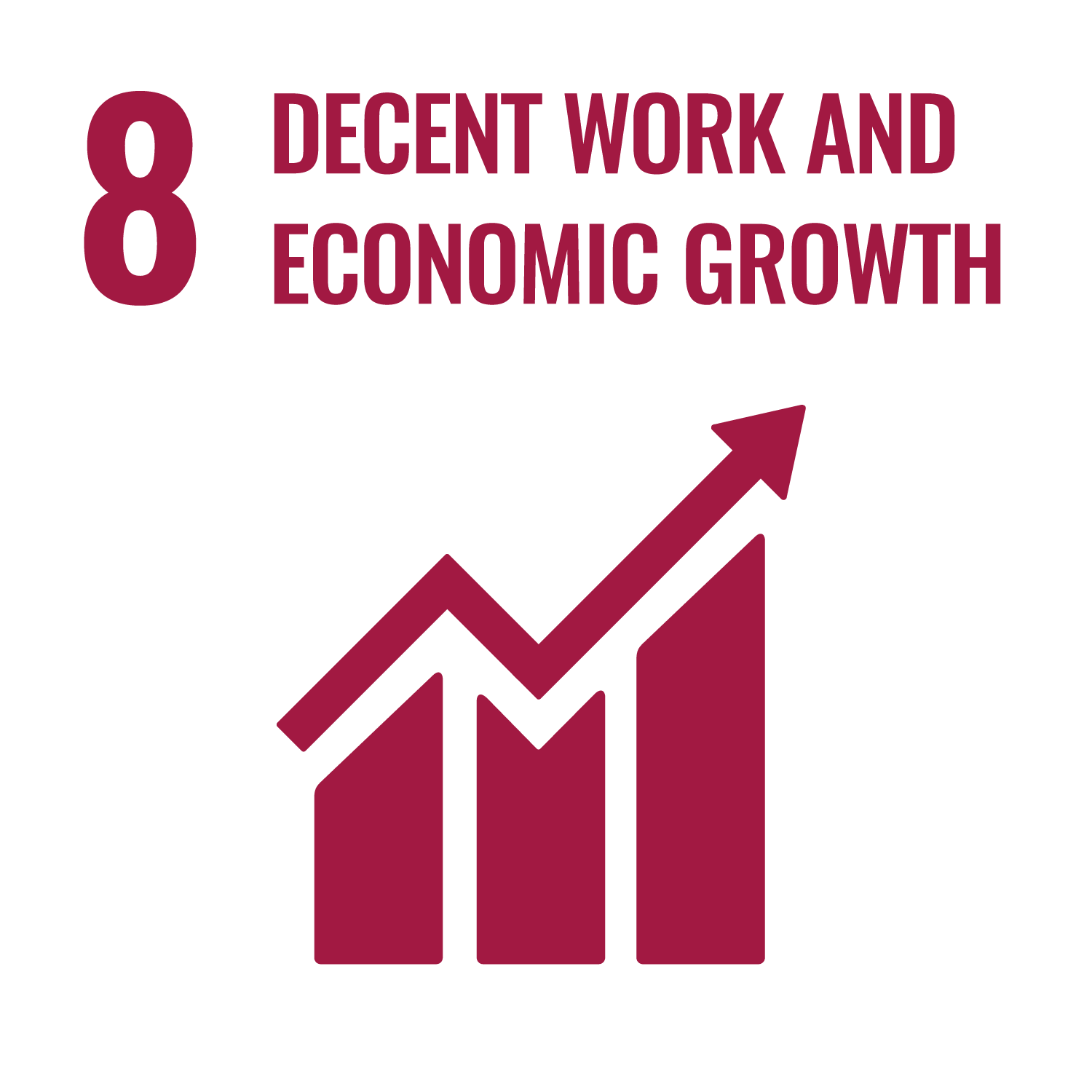




Combating deforestation in threatened areas

Thanks to you 👏
15,375
4%sponsored trees



728 comments
The project
NatureInternational aid
Cœur de Forêt works on the ground, with local communities, to eradicate forest degradation at its roots, by giving everyone the power to act to preserve them.
Action regions
France
Nouvelle-Aquitaine
Occitanie
International
73
%of the world's deforestation is linked to agriculture
3.2 million
millionstrees planted in Bolivia, France, Indonesia and Madagascar
75
%of French forests are privately owned
Solution
Cœur de Forêt acts on a daily basis to give everyone the means to take action to preserve forests. Convinced that an alternative to deforestation is possible, the association accompanies populations towards economic enhancement that preserves forests and promotes human development by refusing preconceived ideas and not hesitating to think outside the box to build solutions adapted to the reality of the issues. Its priority is to take concrete action on the ground to collectively create the momentum for positive change.
Cœur de forêt leads reforestation campaigns and supports farmers towards agroforestry and forest owners towards sustainable management of their forests. The association also conducts awareness campaigns among local populations to raise their awareness of the challenges of forest preservation, and develops fair trade channels for its international projects while promoting the French timber industry in short circuits. It is present in France, Bolivia, Indonesia and Madagascar.
News
Use of the money
Your donation will help fund actions that enable :
- Respond in a global way to the challenges of deforestation and forest preservation.
- Restore degraded ecosystems and preserve biodiversity.
- Fight against deforestation (support for farmers, awareness campaigns and development of fair trade channels).
Action regions
France
Nouvelle-Aquitaine
Occitanie
International
Why we love it?
In France and around the world, Cœur de Forêt sets up intelligent projects that always start from needs identified in the field, to offer a holistic, high-impact response to a global problem.
Cœur de Forêt promotes a nuanced, long-term approach to forest management. This means listening to all the players in the forestry world and trying to find solutions that sustainably respect the different functions that a forest provides us with
Certified association
Coeur de Forêt is an association certified by Dift, here are the criteria we evaluate:
Financial management
Innovation & efficiency
Entrepreneurial spirit, agility & ambition
Governance & values
Transparency, monitoring & impact measurement
Systemic impact
To learn more, visit dift.com/causes
Earned labels

Sustainable development goals





These projects might interest you



